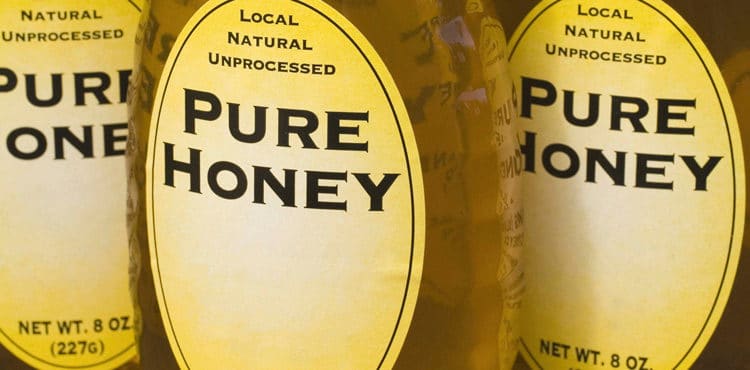A consumer class action lawsuit may be an option for customers who purchased honey deceptively marketed as “Pure,” “All-Natural,” “100% Pure,” or “100% Raw Honey.” Although consumers believed that these products are pure, natural and free of artificial chemicals, some honey products allegedly may contain synthetic chemicals, such as an unnatural chemical used to kill weeds known as glyphosate, according to a pure honey class action lawsuit. Consumers who purchased deceptively marketed honey may be able to pursue compensation with the help of a consumer protection attorney.
For more information, contact Attorney Group today. Our consultations are free, confidential and without any obligation on your part. We can help answer your questions, and if you choose to pursue a claim we can connect you with an affiliated pure honey class action lawsuit attorney who can assist you throughout the legal process.
Misleading Labeling and Advertising Practices May Be Widespread
Like other foods and consumer goods, some honey manufacturers label and promote certain honey products as “Pure,” “100% Pure,” “Natural,” and “100% Raw Honey” in association with meeting consumer demand for healthier, all-natural foods. However, in a consumer protection class action lawsuit filed in January 2017, plaintiffs claim that such representations may be false, deceptive and misleading because the Sue Bee Honey products they purchased were found to contain glyphosate, the main ingredient in Roundup herbicide. Glyphosate is a synthetic chemical that has been declared a category 2A “probable human carcinogen” by the International Agency for Research on Cancer in 2015.
According to the class action, the defendant was able to sell a greater volume of the products, charge higher prices for the honey, and increase its own sales and profits by taking away the market share from competing products. As a result of false and misleading advertising claims and marketing practices, plaintiffs and other consumers allegedly would have not purchased the products had they known the truth about the quality of the products. While the lawsuit filed in January specifically names Sioux Honey, manufacturer of Sue Bee Honey, as its defendant, other brands may be deceptively marketing their honey products as “Pure,” “100% Pure,” “Natural,” and “100% Raw Honey” in that they may contain glyphosate or other synthetic chemicals.
How a Pure Honey Class Action Lawsuit Can Help
Product makers have a duty to provide safe products, free of false, misleading and deceptive misrepresentations. Likewise, if there are risks of harm associated with their products, they also must provide adequate warnings. If a product maker fails to fulfill these duties, it could be held liable in lawsuits for injuries that may result.
People who have purchased honey containing glyphosate labeled as “Pure,” “100% Pure,” or “Natural” may be eligible to recover money for economic damages arising from the manufacturers’ misrepresentations and omissions regarding honey purchased by plaintiffs and class members.
For more information, contact Attorney Group. You can fill out the form on this page or contact us by phone or email.
After you contact us, an attorney will follow up to answer questions that you might have. There is no cost or obligation to speak with us, and any information you provide will be kept confidential.
Please note that the law limits the time you have to pursue a claim or file a lawsuit for an injury. If you think you have a case, you should not delay taking action.






